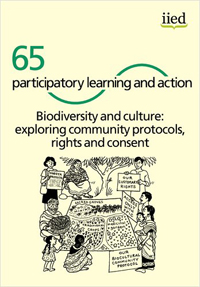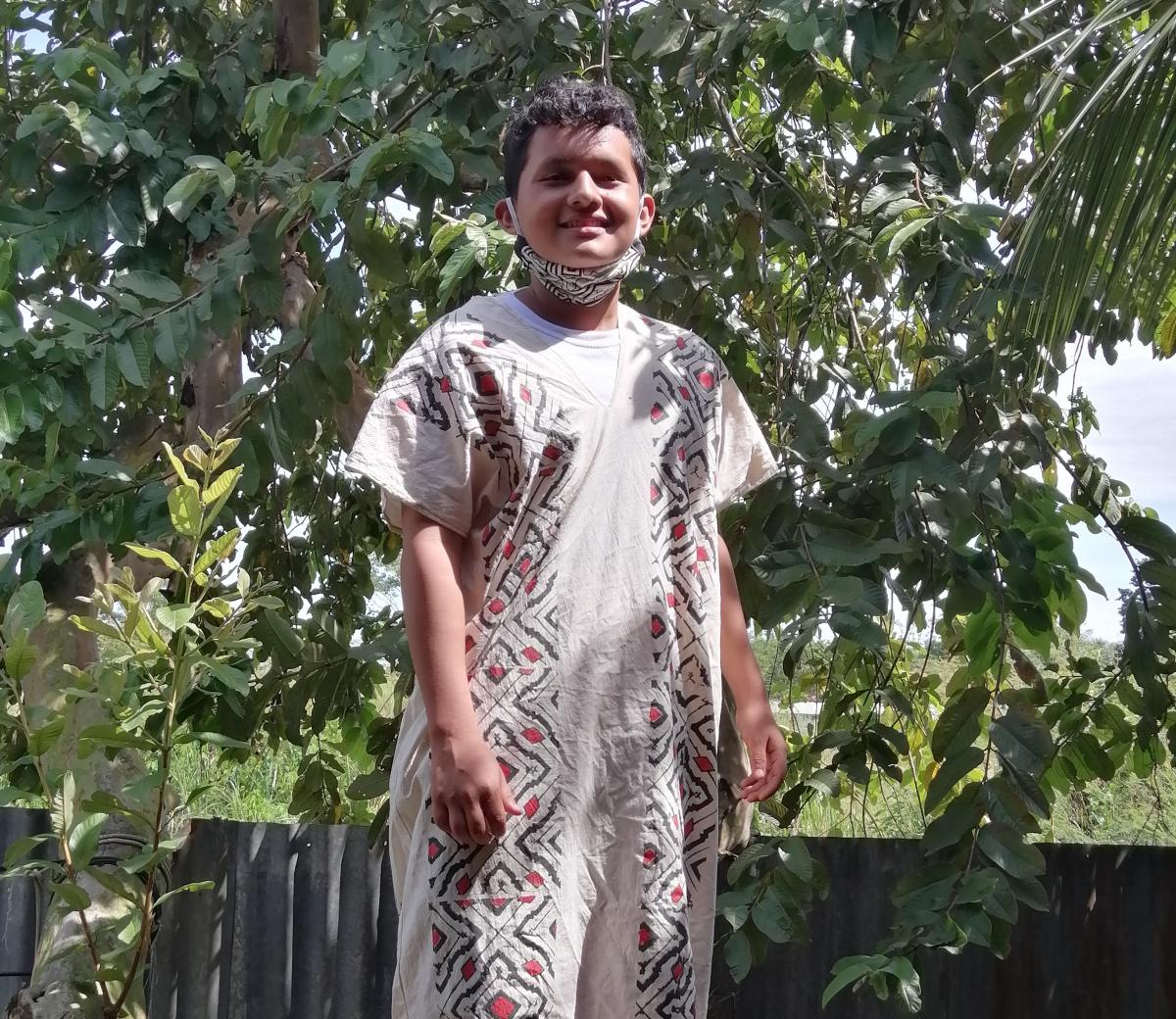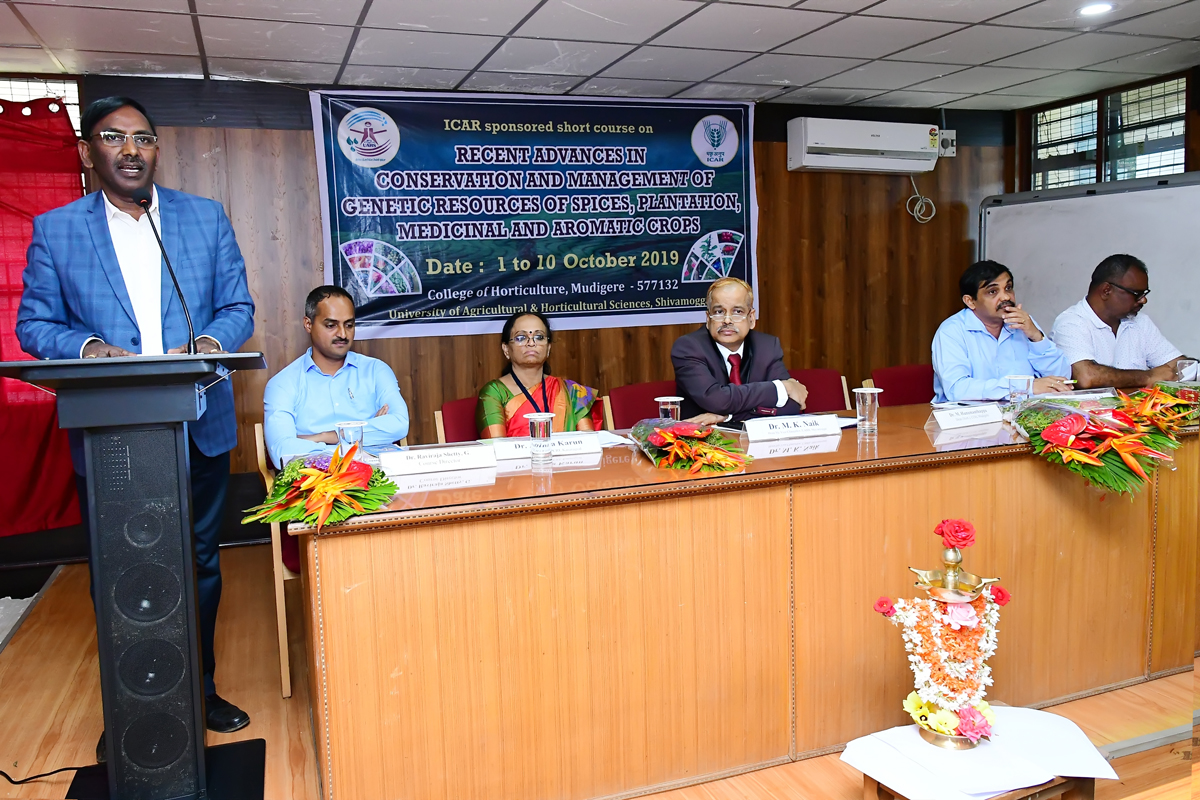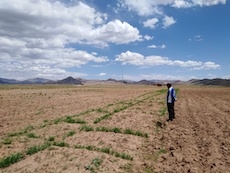Biodiversity and culture: exploring community protocols, rights and consent
Participatory Learning and Action Issue 65, June 2012
Edited by: Krystyna Swiderska (IIED), Kanchi Kohli (Kalpavriksh, India),
Harry Jonas and Holly Shrumm (Natural Justice), Wim Hiemstra, (COMPAS,
Netherlands), Maria Julia Oliva (Union for Ethical Biotrade)
In recent years, community biocultural protocols and Free Prior Informed Consent have been recognised as important tools to help indigenous peoples and local communities to safeguard their rights to land and natural resources. But the practicalities of how to develop, use and support these tools have been less well understood.

Photo: IIED
In recent years, community biocultural protocols and Free Prior Informed Consent have been recognised as important tools to help indigenous peoples and local communities to safeguard their rights to land and natural resources. But the practicalities of how to develop, use and support these tools have been less well understood.
This new publication seeks to address this, by reviewing 14 experiences from Latin America, Asia and Africa, and identifying practical lessons and guidance. It explores the use of community protocols and FPIC in different contexts: for protecting the rights of farmers, healers and pastoralists over genetic resources and related knowledge; for defending customary rights to land and biocultural resources in the face of mining and protected area threats; and for promoting more equitable and long term partnerships between forest communities and others (NGOs and companies). It also looks at some government experiences with institutionalising FPIC and benefit-sharing.
A key lesson arising is that community protocols and FPIC must come from communities. Where the process has been particularly participatory and bottom up, the impacts on biodiversity, rights and livelihoods has been greatest. While the Nagoya Protocol on access and benefit-sharing requires support for community protocols and PIC, governments and donors must avoid prescribing processes and time-frames for their development. This would further weaken the customary practices and institutions which support biodiversity and render these tools meaningless.



